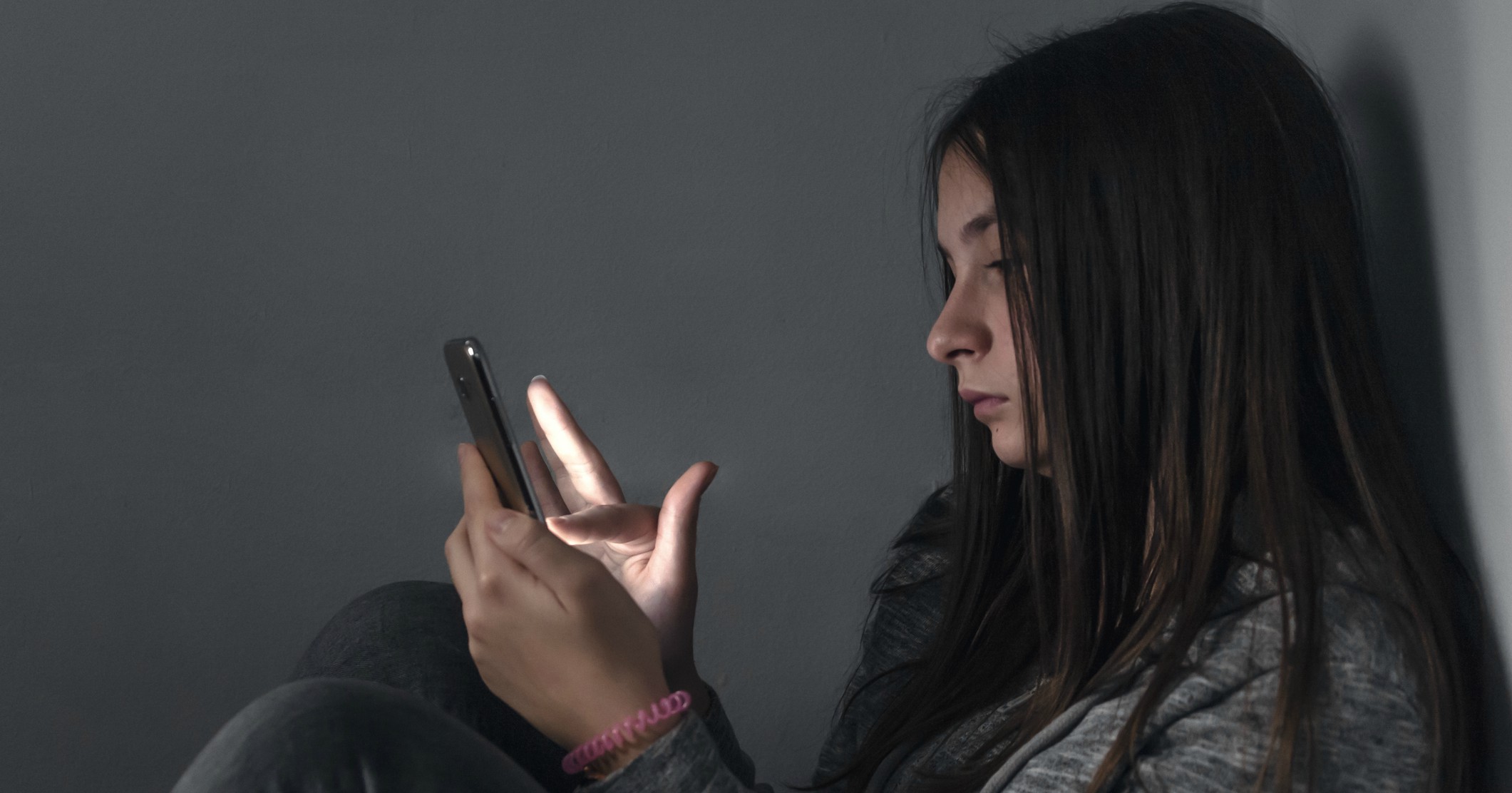How Social Media Is Directly Affecting Your Mental Health
When was the last time you liked a post on Facebook, tweeted to your followers on Twitter, or uploaded a picture on Instagram for all of your social connections to see? How we socially interact is rapidly changing due to the advancements in technology, with over three billion people using social media platforms for approximately two hours a day. With social media playing such an integral part of our social lives, are we sacrificing more than our time, such as our mental health and well-being, to stay connected?
Facebook’s Director of Research, David Ginsberg, and Research Scientist, Moira Burke, recently conducted a series of surveys and research into the connection between social media - particularly Facebook - and mental health. Their findings were interesting, as they concluded it is not the technology itself harming individuals, but rather how social media is used. Dive into this research, combined with findings from others as well, and discover the influence social media has on mental health.
Self-Esteem & Confidence

With many social media platforms focusing on appearance and the idea of creating what appears to be a ‘fulfilling and satisfactory’ life, many users are beginning to experience lower levels of self-esteem and reoccurring emotions, such as envy and jealousy. With its many filter and lighting options, social media is altering the very way we view not only others, but also ourselves, and creating an unnecessary need to be ‘perfect,’ especially amongst millennials, which could also be connected to eating disorders and body dysmorphia.
A study conducted in 2016 by Penn State University suggested viewing other users selfies and pictures lowered self-esteem, as users were constantly comparing themselves to photos of others who appeared at their happiest. Research conducted by the University of Strathclyde, Ohio University, and the University of Iowaalso concluded that women compare themselves negatively to other women’s content, specifically selfies, creating a feeling of inadequacy and unattractiveness.
Continue reading to discover social media’s connection to depression.
Depression

Although there is a link between depression and social media use, new research indicates social media can be used for positive reinforcement. Two studies involving seven hundred students found a connection between depressive symptoms and the quality of online relationships and interactions. Higher levels of depressive symptoms, such as hopelessness and worthlessness, were reported by users who experienced more negative interactions, versus users who had more positive ones.
A similar study done in 2016 involving 1,700 people concluded individuals who were at the highest risk for depression and anxiety were those who used social media platforms the most. The reasoning connected to the increased chances of cyber-bullying, having a distorted view of others lives and feeling like social media was a waste of their time. As depression is so closely connected to anxiety in general, it is no wonder social media has an impact there as well.
